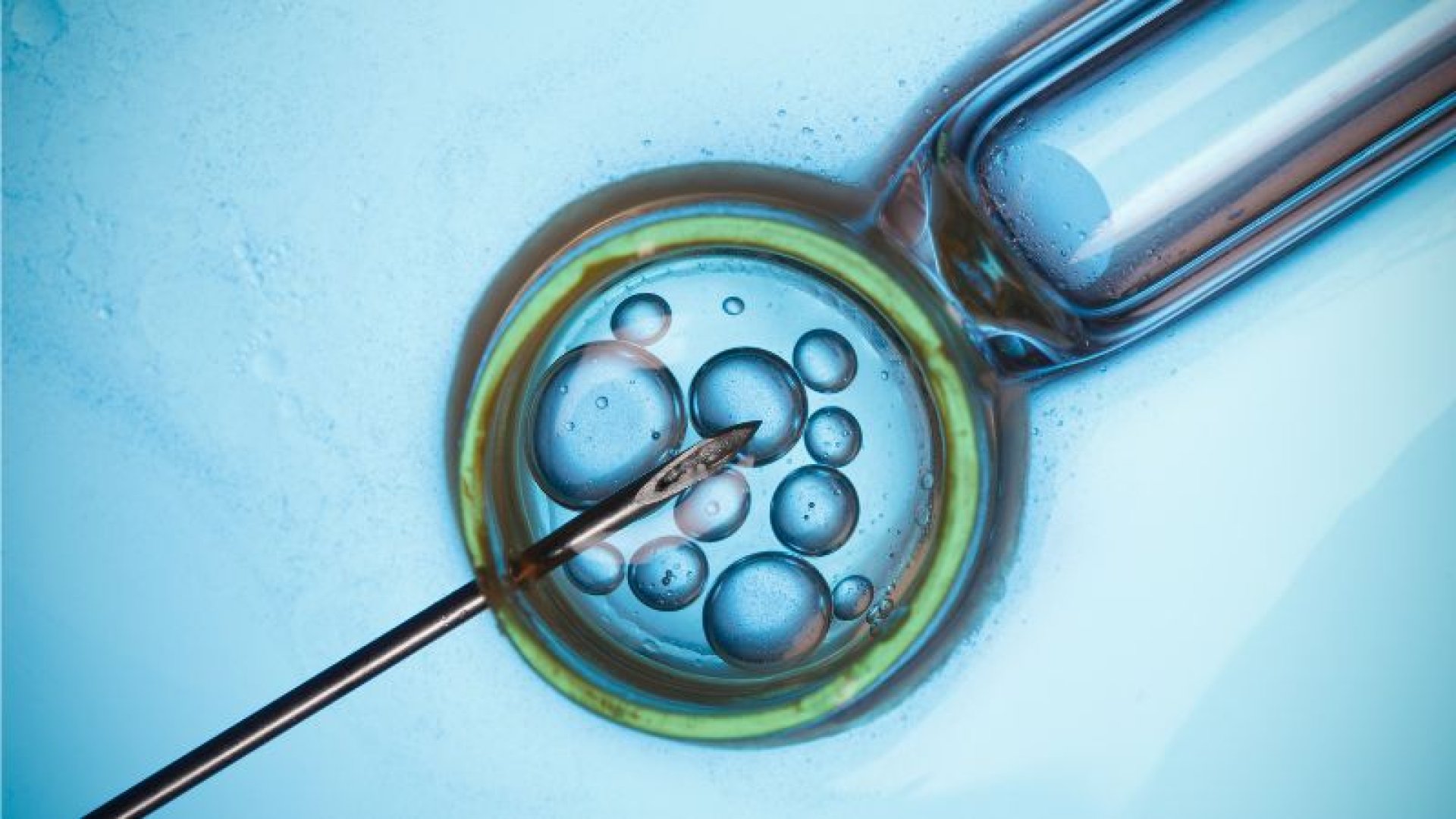Family Gender Balancing through PGT-A or PGS Genetic Testing

At Genea, we know that starting or growing your family is one of the most important journeys youll ever take. Thats why we dont just stop at offering PGT-A (Preimplantation Genetic Testing for Aneuploidy), otherwise known as PGS testing. We also provide other advanced fertility options like PGT-M (Preimplantation Genetic Testing for Monogenic Disorders) and PGT-SR (Preimplantation Genetic Testing for Structural Rearrangements) to cater to every familys unique needs. Before we dive into what makes Genea stand out, lets take a closer look at the basic understanding of chromosomes to help you better grasp the process.
A Deep Dive into 23 Pairs of Chromosomes
Every human embryo carries 23 pairs of chromosomes, which serve as natures blueprint for life. These chromosomes can be divided into two main categories:
- Autosomes (22 pairs): These determine traits like height, eye color, and organ function, forming the foundation of overall genetic health.
- Sex Chromosomes (1 pair): These not only determine biological sex but also play a key role in genetic health factors.
Autosomes: The Foundation of Genetic Health
Autosomes, which make up the first 22 pairs of chromosomes, are essential for healthy growth and development. These chromosomes control various traits and functions, but sometimes errors can occur, leading to genetic conditions such as:
- Down syndrome (Trisomy 21): Caused by an extra copy of chromosome 21.
- Edwards syndrome (Trisomy 18): A rare condition linked to severe developmental challenges.
The Role of Sex Chromosomes
The 23rd pair of chromosomes, known as the sex chromosomes, does more than just determine biological sexit also plays a vital role in overall genetic health. For instance:
- Turner syndrome: A condition where one X chromosome is missing, leading to developmental challenges.
- Klinefelter syndrome: A condition where an extra X chromosome is present in males, affecting growth and development.
With advanced genetic testing of fertilized embryos like PGT-A or PGS, we can detect these abnormalities early. This helps ensure only embryos with the correct chromosomal makeup are selected, increasing the chances of a healthy pregnancy and reducing potential complications.

How PGT-A and PGS Genetic Testing Can Help
We understand how important it is to maximize your chances of a successful and healthy pregnancy. PGT-A and PGS play a crucial role in achieving this by analyzing all 23 pairs of chromosomes in embryos. These tests help detect chromosomal abnormalities.
PGT-A and PGS are especially beneficial for:
- Women over 35, as the risk of chromosomal abnormalities increases with maternal age.
- Couples with a history of recurrent miscarriages or failed IVF-ICSI cycles, where chromosomal issues may be the cause.
- Families seeking to reduce the risk of passing on chromosomal disorders to their child.
By identifying healthy embryos for implantation, these tests help reduce the risk of miscarriage and increase the chances of a successful pregnancy.
Leveraging PGT-A and PGS Genetic Testing for Optimal Outcomes
While PGT-A and PGS focus on ensuring chromosomal health, at Genea, we also provide advanced options like PGT-M and PGT-SR for families with specific genetic concerns. These additional tests are tailored to address more complex scenarios. Lets see
- PGT-M (Preimplantation Genetic Testing for Monogenic Disorders):
PGT-M is ideal for families with a known history of genetic disorders, such as cystic fibrosis, sickle cell anemia, or Huntingtons disease. This test identifies mutations in a single gene to ensure embryos are free from specific inherited conditions. By using PGT-M, parents can significantly reduce the risk of passing these disorders to their child. - PGT-SR (Preimplantation Genetic Testing for Structural Rearrangements):
For families dealing with chromosomal structural issues, such as translocations or inversions, PGT-SR is a critical tool. These rearrangements can result in miscarriage or failed implantation, but PGT-SR ensures only embryos with balanced chromosomal structures are selected. This improves the chances of a successful pregnancy and reduces the emotional and physical toll of repeated IVF-ICSI cycles.
By combining PGT-A, PGT-M, and PGT-SR, Genea provides a holistic approach to genetic testing. These solutions are not only designed to enhance IVF-ICSI success rates but also to address each familys unique concerns with precision and care. We aim to give every family the confidence to take the next step with the support of science, expertise, and the promise of possibilities.


